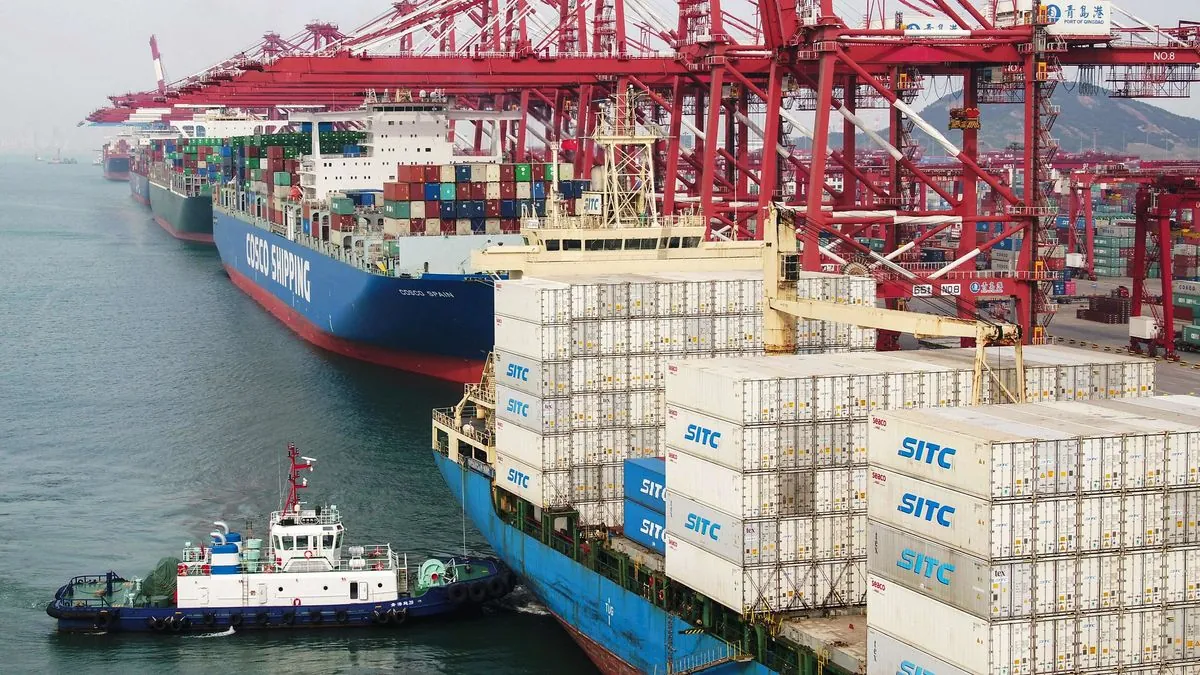In late-2024 Joe Bidenʼs team made their final move against Chinaʼs tech sector with new semi-conductor export limits; Beijing hit back with mineral-trade blocks
The current de-risking approach (which tries to lower specific economic risks with China) might soon end — Donald Trumpʼs upcoming presidency signals a huge shift in US-China relations. Western nations who thought they could balance relations now face a hard truth: complete separation might be unavoidable
Jamieson Greer Trumps pick for trade representative has clear ideas about China: “strategic-decoupling“ is the way forward. The new administration plans tough measures including:
- 60% tariffs on Chinese goods
- More tech export controls
- New trade restrictions
- Legal changes for quick policy shifts
This years trade data shows some changes already happening: Mexico became US top import partner for first time in decades. Yet many US allies dont share this view — Britain and Germany keep strong China ties while Japan and South-Korea try to find middle-ground
The cost of doing nothing or underestimating the threat posed by China is far greater
Europe and Asia face a complex choice: follow US strict anti-China policy or risk problems with Washington. Most nations increased their China trade lately while US cut it down — Germany blocked EU electric car tariffs; Britain started new diplomatic talks. Now they must pick sides or deal with consequences
The planned 60% tariffs could stop US-China trade almost completely; experts say this will cause inflation and global market problems. Chinese companies might use other countries to avoid these rules (Malaysia already took steps to prevent this)
Tech restrictions will grow beyond chips to bio-tech and quantum computing. Robert OʼBrien former Trump advisor wrote that US should fully separate its economy from Chinaʼs — showing how serious new administration is about this split
